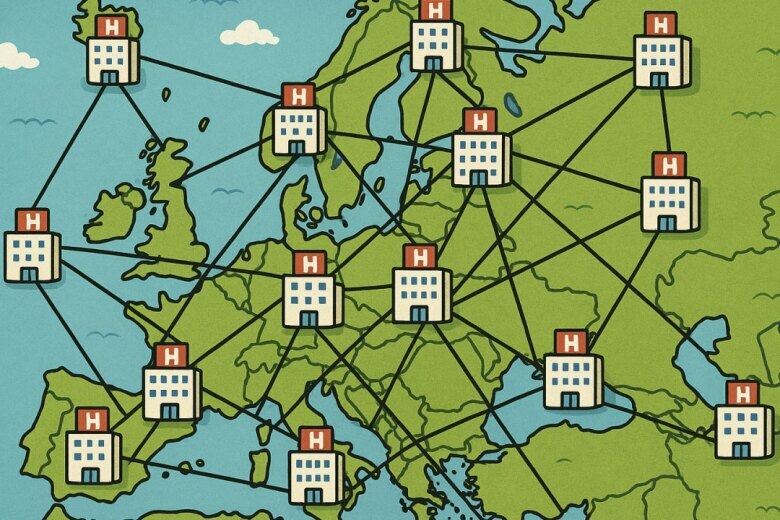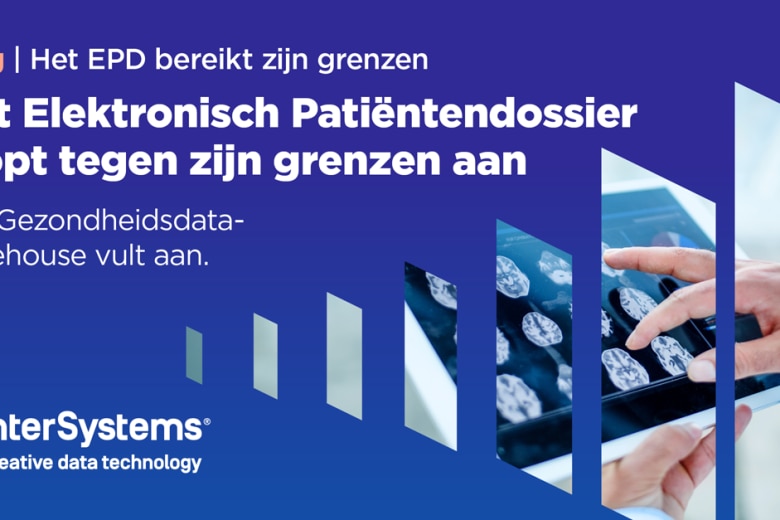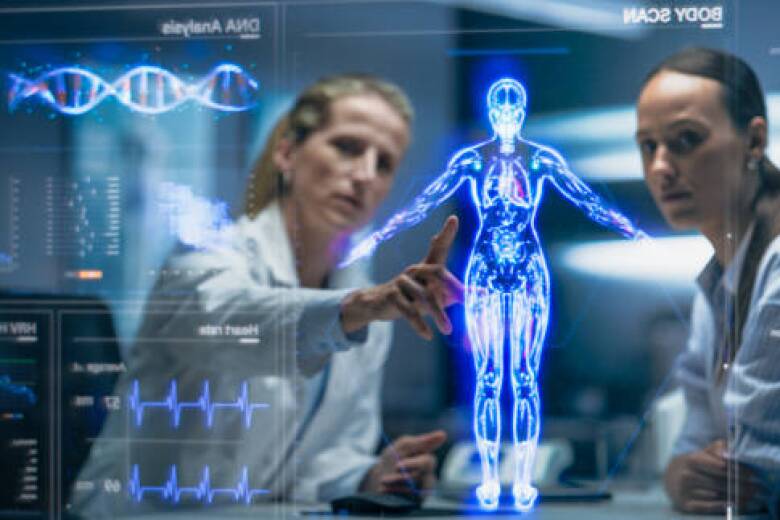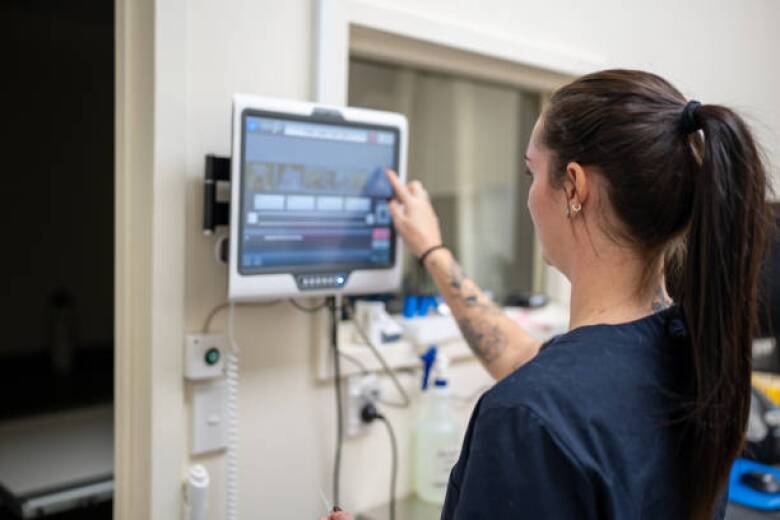Welcome back to the second post dedicated to Hack Healthcare 2023! This event's primary objective was to tackle healthcare challenges by devising solutions with the assistance of experts and pitch coaches.
Now, let’s talk about what is in the title of this post. "One Patient One Health Care Record for Better Care” was the central project conceived during the event. The project aimed to enhance patient care by improving the connection between the first and second lines of care. Given the existing fragmented data landscape and complex political factors, the project sought to develop a patient-centric approach built upon four pillars:
- Utilisation of existing databases and accredited data sources.
- Avoidance of redundant efforts by not reinventing existing solutions.
- Visualisation of data in a timeline and dashboard tailored to individual needs.
- Establishment of an omnichannel and secure data management system.
The Need for Innovation
The current healthcare system faces challenges related to scattered data and a dynamic political landscape, both impacting patient care. In order to tackle these issues, the focus should be on a patient-centric approach, prioritising streamlined data management across various healthcare entities. The proposed solution highlights collaboration and integration while leveraging established databases and data sources.
Stakeholders and Beneficiaries
The project involves multiple stakeholders who stand to benefit from its implementation:
- Hospital Care Tech Companies: Such as InterSystems, Epic, Zorgi, and Nexuzhealth, specialise in medical records digitalisation.
- Patient Organizations: Including Helan, BeWell Innovations, and others advocating for patient-centric care.
- First Line Services and Companies: HealthConnect, I-mens, Corilius, and Wit-Gele Kruis provide initial healthcare services.
- Pharmacies: Playing a critical role in the healthcare ecosystem.
- Second Line Data Generators: Including laboratories, hospitals, and specialist care centres.
Timeline for Implementation
The proposed timeline for the project's implementation includes several key phases:
- Hackathon Presentation: Convincing the jury of the project's value during the Hackathon event.
- Tech Consortium Formation: Building a consortium of technology companies within Belgium.
- Stakeholder Consortium: Establishing a consortium of relevant stakeholders.
- Requirements and Architecture: Designing the project's requirements and architectural framework.
- Business Case and Proof of Concept (POC): Developing a business case and potentially creating a Proof of Concept.
- Government Presentation: Presenting the POC to government bodies and regulators.
Current Data Flow and Integration
The existing healthcare data flow involves three main data generators:
- First Line Data Generators: Including home care, general practitioners (GPs), and other initial healthcare providers.
- Pharmacies: Playing a role in patient care and data generation.
- Second Line Data Generators: Comprising laboratories, hospitals, and specialist care centres.
All these data generators contribute to masanté.be or mijngezondheid.be (e-health platforms). Additionally, patients generate data through various means like wearables, diaries, and fitness apps, all channelled through e-health platforms.
Proposed solution: Integration and Aggregation
The proposed solution aims to collect data from diverse sources into a cohesive system. This includes integrating patient-generated data, pharmacy information, and data from first- and second-line data generators. The goal is to develop a comprehensive repository with consent management and an e-health access matrix. The solution also intends to handle legacy systems that may expose data through traditional interfaces.
The importance of unifying norms
The project highlights utilising FHIR (Fast Healthcare Interoperability Resources) to transform and aggregate individual patient data. Applications developed with FHIR, such as SMART on FHIR apps, can access this repository. This FHIR-based approach facilitates patient care, quality improvement, research, and other applications, harnessing the latest technology for better healthcare outcomes.
To wrap it up (write a summary of the project)
The project, "One Patient One Health Care Record for Better Care," aimed to improve patient care by enhancing the connection between primary and secondary lines of care. It addressed challenges in the fragmented healthcare data landscape by focusing on a patient-centric approach. It aimed to unify data from various sources into a comprehensive system, emphasizing consent management and e-health access. It leveraged FHIR to transform and aggregate patient data for improved healthcare outcomes and applications.
Does it sound like one of the crucial changes? Are you interested in getting to know more about the results of Hack Healthcare 2023? Stick around, because in the next post you will read about another interesting initiative called “Patient Buddy”.





































